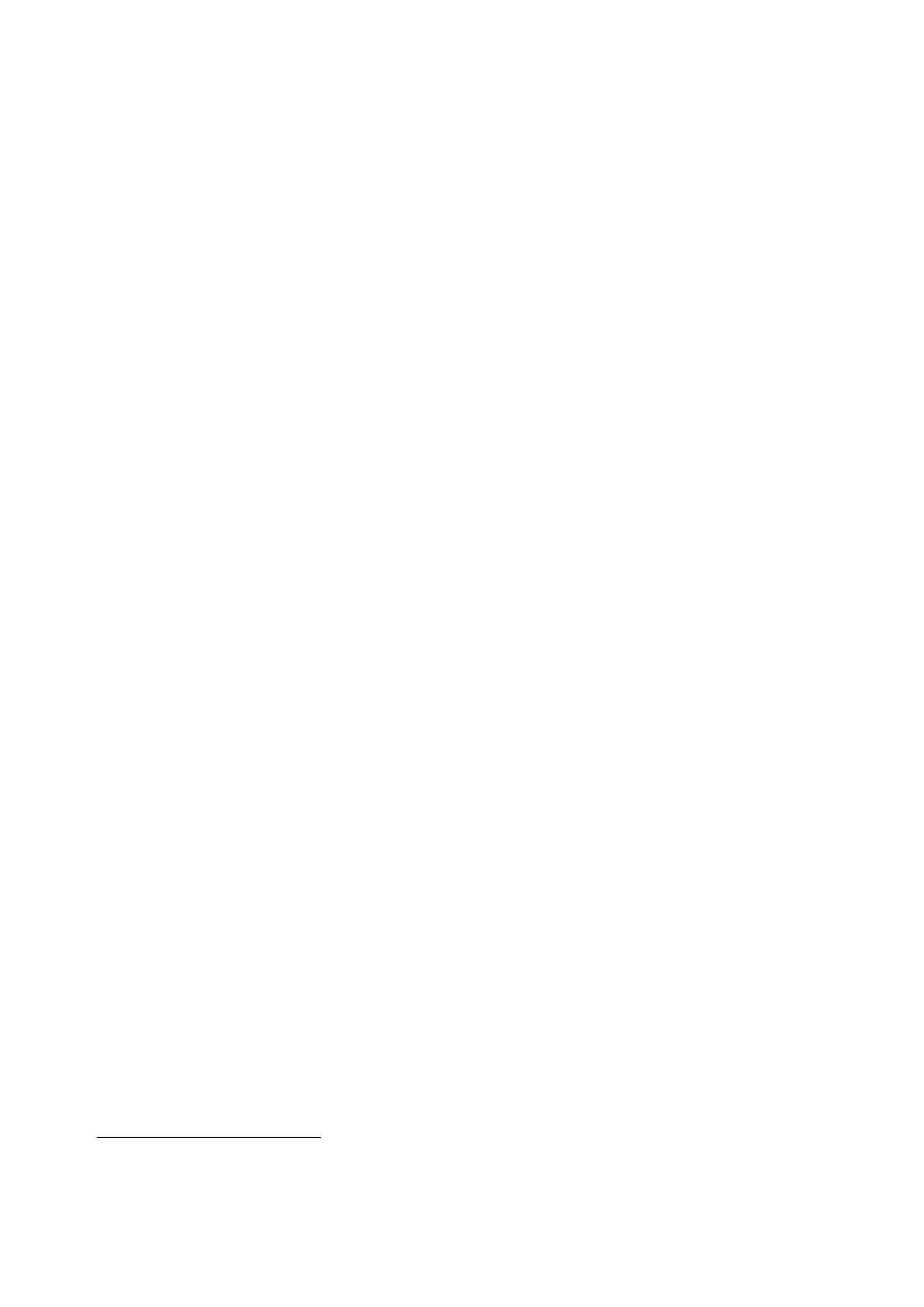
3.4 |
Development of UK strategy and options, late July to 14 September
2002
445.
President
Chirac gave an interview to the New York
Times on 8
September, which
was
published the following day.140
446.
In the context
of the US position that a doctrine of pre‑emption was
necessary
to fight
terrorism, President Chirac stated that he had told President Bush
that he had
“great
reservations” about that doctrine: “As soon as one nation claims
the right to
take
preventive action, other countries will naturally do the same … How
would the
Americans,
the Europeans and others react?”
447.
Asked what
would be the best way to be sure that Saddam Hussein did
not
develop
“further weapons of mass destruction” and whether he shared the US
objective
of regime
change, President Chirac replied:
“I don’t
need to tell you that I condemn the regime …
“Secondly,
I am totally against unilateralism in the modern world. I believe
that
the modern
world must be coherent and consequently, if a military action is
to
be
undertaken, it must be the responsibility of the international
community, via a
decision by
the Security Council. Now, the Security Council has decided that
Iraq
must not
have weapons of mass destruction; it did not say that a regime
change
was
necessary there. So if the objective is to prevent Iraq from having
weapons of
mass
destruction, we have to go along with what the United Nations has
done, that
is, impose
the return of inspectors in Iraq without restrictions or
preconditions …
If it refuses,
then it’s up to the Security Council to deliberate and decide what
must
be done and
notably whether a military operation should be undertaken or not
…”
448.
Asked about
divisions between allies in the context of Mr Blair’s visit to
Washington
and his own
meeting with Chancellor Schröder, President Chirac
replied:
“France is
a member of the Security Council, it cannot be prejudiced … I
agree
completely
that there must be a Security Council decision concerning the
return of
the
inspectors … If the inspectors are not allowed to return, then
there should be a
second
Security Council resolution to say if there should be or not an
intervention.
Following
the second resolution, France will definitely give its position.
But I am very
worried
about the consequences of an intervention on the international
coalition to
counter
terrorism …”
449.
Asked under
what circumstances France would favour the use of force,
President
Chirac
responded that he “naturally” wished for a change in the Iraqi
regime:
“But a few
principles and a little order are needed to run the affairs of the
world. The
issue today
is to know whether there are any weapons of mass destruction. And
to
see it, the
inspectors must be free … to visit. This is the objective. If this
is fulfilled,
then it’s
over. The Security Council or the international community never
wanted to
140
New York
Times, 9
September 2002, Threats and
Responses: Perspectives/Jacques Chirac; French
Leader
Offers America Both Friendship and Criticism.
169
